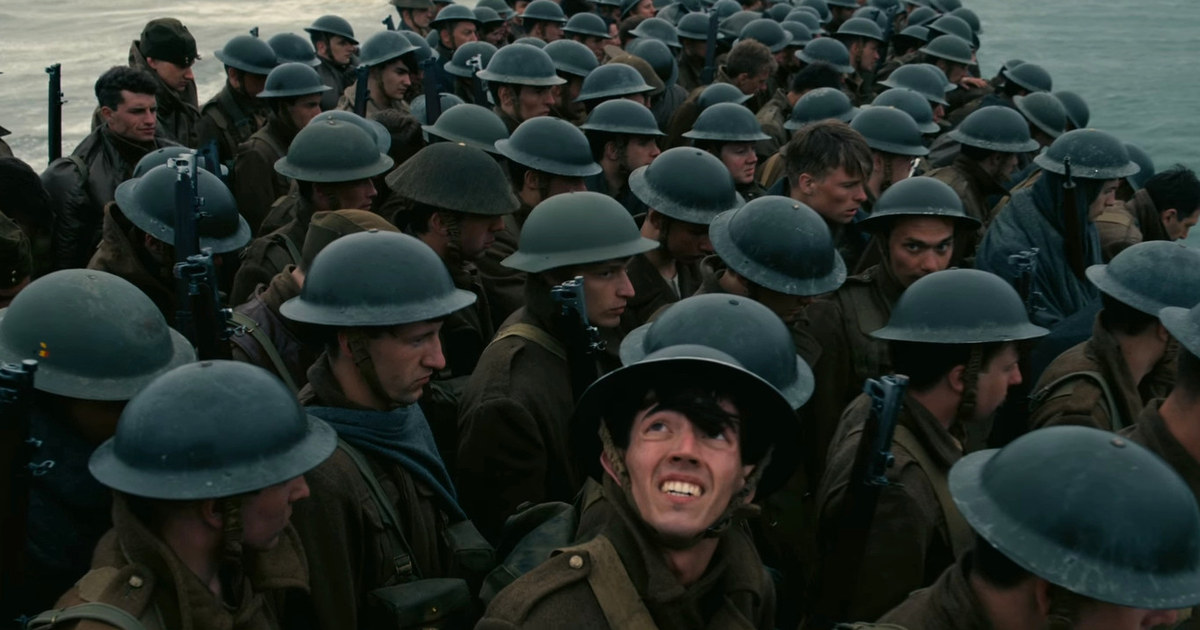
It should come as no surprise that players in an industry whose knee-jerk reaction to any unexpected hit is to try and replicate that same magic took one look at Netflix’s somewhat surprising success and decided they needed to make one, too.
They did this knowing full well that almost all attempts to recreate magic fail miserably — and that they had no compelling reason to completely upend their business models at a time when most all of them were doing quite well.
Sure, there was some fear of cord-cutting. And a fear that it would create a digital blitzkrieg that would see the television industry crumble as quickly as the music industry. The TV industry was England, the music industry was France and launching their own streaming service was Dunkirk.
It wasn’t.
There were simply too many moving pieces for the television industry to unravel at a pace that wasn’t glacial.
And while Netflix certainly did a lot of things right and then some, they also benefited from a healthy dollop of luck, of being in the exact right place at the exact right time.
Now what got me thinking about all this was Stanley cups, the oddly trendy water bottles spoofed in this skit from the most recent Saturday Night Live.
But it wasn’t SNL that got me thinking about it, it was an episode of Derek Thompson’s Plain English podcast about the unlikely success of the aforementioned cups.
Thompson and his guest, Brian Klaas, were discussing the impossibility of actually recreating why a product like Stanley cups takes off and the oft ignored role that luck and timing play in success.
Stanley did a lot of things right — they checked all the boxes, made smart moves in terms of marketing and influencer outreach, yet a good part of their success was just being in the right place at the right time with the right product. So that when lightning struck, it would most likely strike you.
The thing is though, it doesn’t always strike and it rarely, if ever, strikes twice.
Netflix’s success story in streaming was unexpected for many reasons, the primary one being that Netflix has already had an unexpected success story that involved turning a mail-order DVD business into a behemoth. To then upend that business and get a largely technophobic America to start streaming movies and TV shows was a second bolt of lightning in and of itself.
Looking back, it’s easy to see why.
DVDs were a lousy product. Whether rented from Blockbuster or delivered by Netflix, they were often scratched or otherwise damaged and thus did not play.
At all.
And there was nothing you could do about it.
Streaming might be slow and require more than a dial-up internet connection, but it eventually worked.
Plus the lack of any physical object meant there was nothing to lose, nothing to remember to return.
But there was another reason streaming Netflix took off.
Luck.
They were simply in the right place at the right time.
This is not to take away from the fact that they had created a great product. Or that they were smart enough to ensure that they were in the right place at the right time.
But still, there was luck.
Klaas posits that people don’t like to hear about the role of luck because it makes the world seem too random and out of control. People like to be able to think that they can maintain control and that things happen for a reason, that it’s just a matter of following a specific recipe.
That’s why seemingly random historical events like the JFK assassination are so often the subject of conspiracy theories — people like to believe there was a rational reason they happened, no matter how fantastical that “rational reason” may be.
But back to TV.
Rather than write Netflix’s success off as a one-time thing, the networks all made a decision to launch their own Netflix. Never mind that they’d be giving up tens of billions in carriage and retrans fees or that there was no real indication that their current business model was in any real danger.
Networks were going to do their own version of Netflix and, if they just followed the instructions on the box, they’d have a hit on their hands, too.
There were no instructions, though, and in trying to transform themselves, many of the legacy media firms may have written their own death warrants. Remember that Netflix is actually making money at a time when its rivals are largely patting themselves on the back for only losing a smaller nine-digit sum this quarter.
What is to be done is another question. The genie can’t go back into the bottle, the networks can’t decide they were just kidding and could the MVPDs revisit that TV Everywhere thing from 15 years ago?
The best they can hope for is that there’s enough heart for their version of Netflix to keep them afloat, that the MVPDs will jump-start the Great Rebundling and that their ability to provide news and sports will make them an indispensable part of that bundle.
And that they’ll have learned the folly of chasing after someone else’s lightning.







